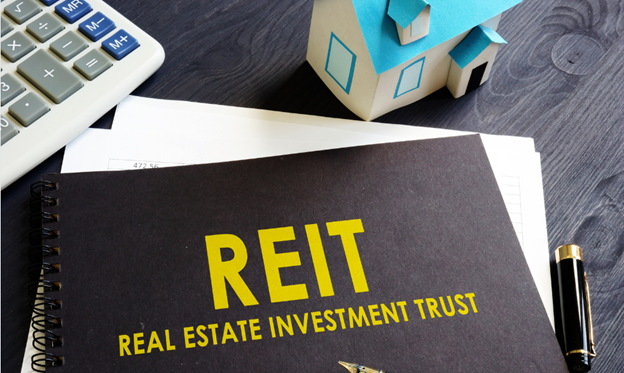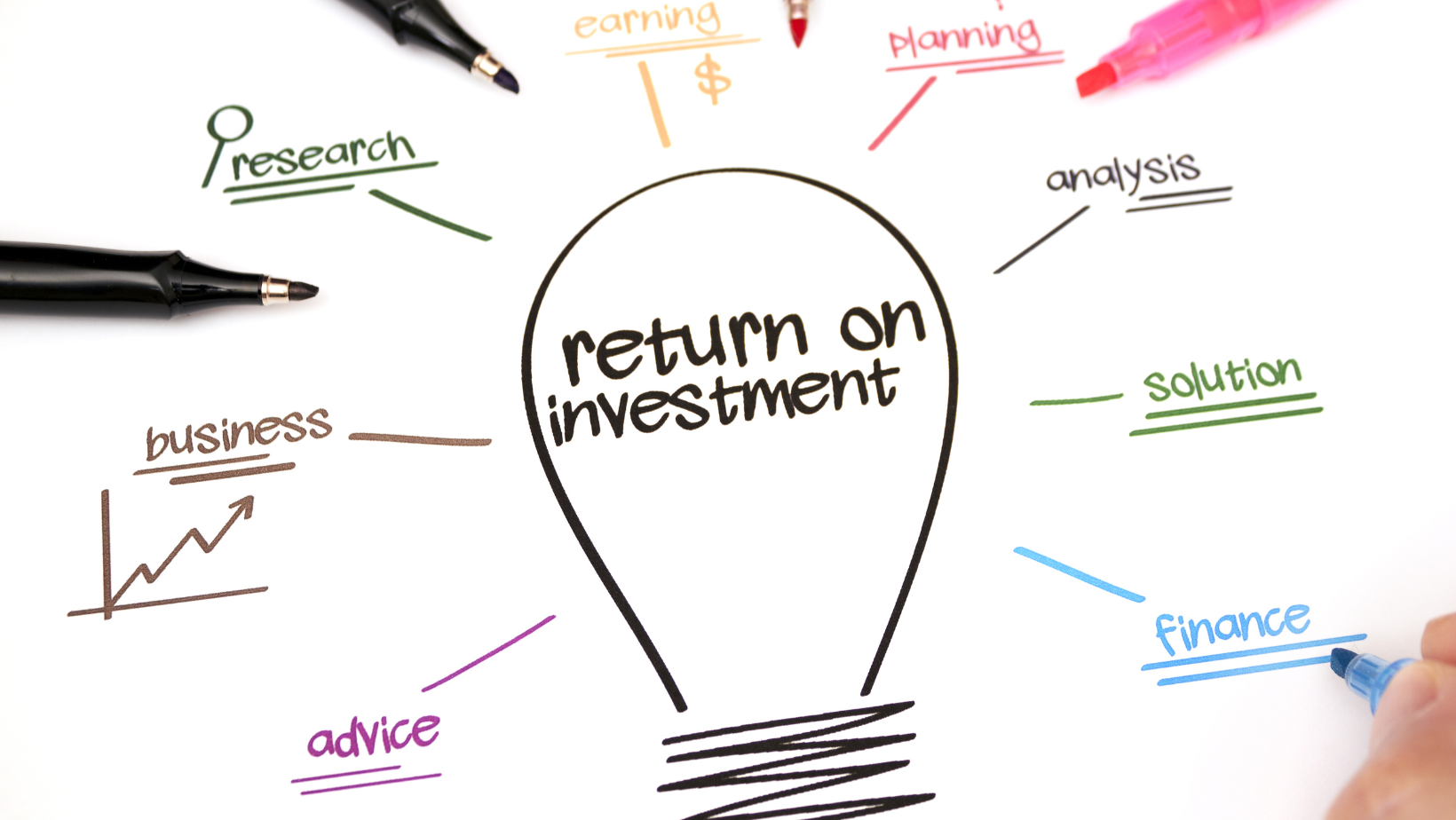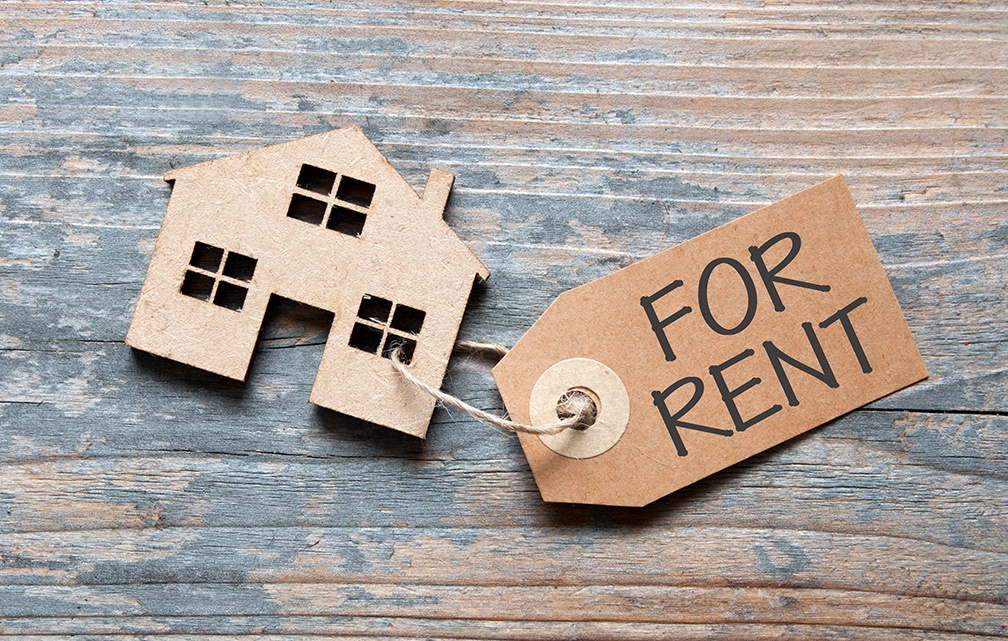 Passive real estate investing refers to an investment strategy where an individual invests in real estate assets without being actively involved in the management of those assets. In passive real estate investing, an investor typically provides funds for a real estate project, such as a rental property or commercial development, and receives a return on investment based on the performance of that project.
Passive real estate investing refers to an investment strategy where an individual invests in real estate assets without being actively involved in the management of those assets. In passive real estate investing, an investor typically provides funds for a real estate project, such as a rental property or commercial development, and receives a return on investment based on the performance of that project.
Passive real estate investing can take various forms, such as investing in real estate investment trusts (REITs), crowdfunding platforms, or private real estate funds. These investment vehicles allow investors to access real estate investments without the need to purchase and manage properties themselves.
Ways To Get Involved In Passive Real Estate Investing
It is important to thoroughly research and understand the risks associated with any real estate investment before committing funds. There are several ways to get involved in passive real estate investing, including:
Real Estate Investment Trusts (REITs): REITs are investment vehicles that own and manage income-generating real estate properties. Investors can buy shares in a publicly traded REIT, which typically pays dividends based on the rental income generated by its properties.
Real Estate Crowdfunding Platforms: Real estate crowdfunding platforms allow investors to pool their funds with other investors to invest in a specific real estate project. Investors can choose which projects to invest in and typically receive a return based on the project’s performance.
Private Real Estate Funds: Private real estate funds are investment funds that pool capital from multiple investors to invest in real estate properties. These funds are managed by a professional team that is responsible for identifying and managing the properties in the fund’s portfolio.
Real Estate ETFs: Exchange-traded funds (ETFs) are similar to REITs in that they invest in real estate properties, but they are traded like stocks on an exchange. Real estate ETFs provide investors with exposure to the real estate market while offering liquidity and diversification.
Rental Properties: While owning rental properties may require some level of active management, investors can hire property managers to handle day-to-day tasks such as finding tenants, collecting rent, and maintenance. Rental properties can provide investors with passive income through rental income and the potential for capital appreciation.
Passive real estate investing is often considered a way to diversify an investment portfolio and generate passive income, as real estate investments can provide regular cash flow through rental income or dividends. It is important to research and understand the risks associated with any real estate investment before investing. Consider consulting with a financial advisor to determine which type of passive real estate investment is best suited to your investment goals and risk tolerance.
 If you are thinking about investing in real estate, you probably know it is a great way to diversify your investments. But, like any investment, you must make sure you choose your targets wisely. That means understanding a lot of the jargon in the field. You will come across a lot of real estate investing terms, but what are some of the most important ones you need to know?
If you are thinking about investing in real estate, you probably know it is a great way to diversify your investments. But, like any investment, you must make sure you choose your targets wisely. That means understanding a lot of the jargon in the field. You will come across a lot of real estate investing terms, but what are some of the most important ones you need to know? Are you interested in purchasing a rental property? Instead of buying a new one, you might want to convert your primary residence into a rental property, particularly if you plan on moving in the near future. At the same time, you might think it is better to sell the property and take the cash instead. Which option is best for you?
Are you interested in purchasing a rental property? Instead of buying a new one, you might want to convert your primary residence into a rental property, particularly if you plan on moving in the near future. At the same time, you might think it is better to sell the property and take the cash instead. Which option is best for you? Upgrading your rental doesn’t need to cut deeply into your profits. You can add curb appeal and help prospective tenants see your rental as their next home by making some simple changes. The following upgrades are all things that a handy landlord can do without needing to hire professional contractors.
Upgrading your rental doesn’t need to cut deeply into your profits. You can add curb appeal and help prospective tenants see your rental as their next home by making some simple changes. The following upgrades are all things that a handy landlord can do without needing to hire professional contractors.